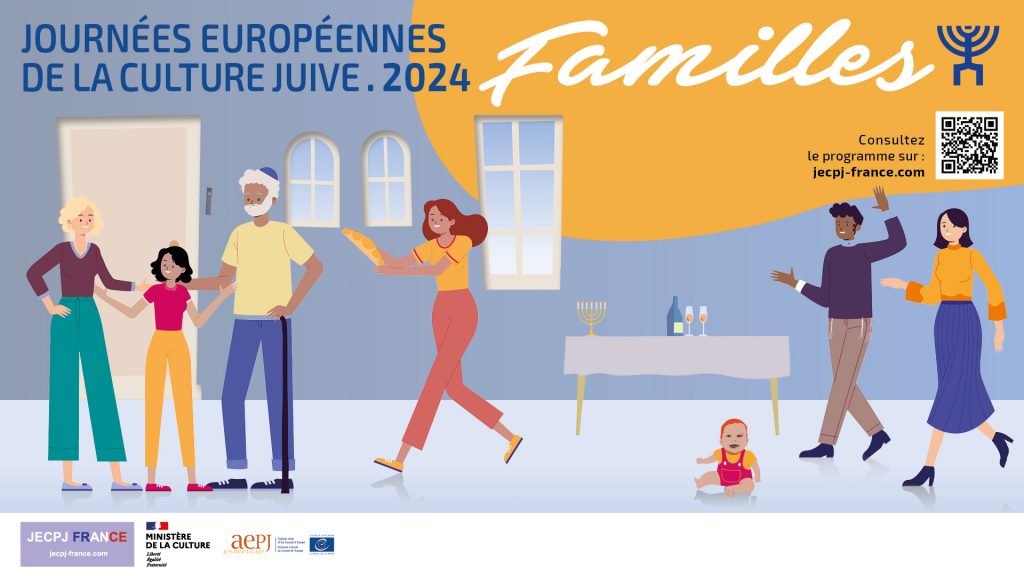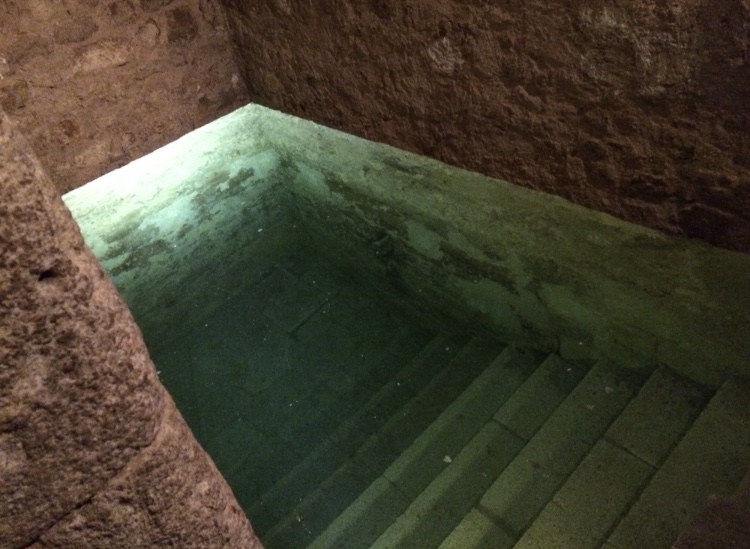Located at the crossroads of many civilizations, Montpellier fascinates historians and other enthusiasts of this exemplary brew. Meeting with Michaël Iancu, Doctor of History and Director of the Maimonides-Averroes-Thomas Aquinas University Institute about the European Days of Jewish Culture.

Jguideeurope: What event will open the European Days of Jewish Culture?
Michaël Iancu: A visit to the medieval Mikveh (dating from the 12th century) of Montpellier, the medieval Jewish Quarter whose Synagogal Building dates from the 12th or 13th century, the Hebrew Worship Space, the Historic Monument of 2004, a tour of the alleys of Jewish housing medieval (in the seigniorial stronghold of Guilhem), as well as seven historical explanatory showcases on the intellectual impact of the Jewish populations in the city in the Middle Ages.
What other events are planned?
I will give, around the 2024 theme “Family”, a Conference entitled: “Tibbonides, Kimi… The contribution to Occitan sciences of Jewish families of Andalusian origin”. The opportunity to demonstrate how the cultural and scientific interpenetration between Iberian Jews and Languedoc Jews produced flashes of genius from which the Region was largely able to draw the substantial marrow.
Then on the 10th, as an extension, we will welcome the Pétrarque room in Montpellier, the writer Marek Halter, around his latest work published by Xo éditions: In your eyes. A love in the ghetto (2024), a meeting in partnership with the Sepharim Association and the La Cavale bookstore.
Do you see any change over the past year regarding interest in Occitan Jewish cultural heritage?
Interest in Occitan Judaism is growing. The success of the EDJC and the JEP bears witness to this. Which reassures us during this period of spread of the anti-Semitic virus.
Groups and people contact us throughout the year to visit the medieval Mikveh and the synagogue complex (12th century). We then offer them, with the Tourist Office, an immersion in eight centuries of history with a conference visit on the contribution to the exact sciences (medicine, philology) and the science of Judaism (Talmud, Kabbalah) of the communities Occitan Jews of Andalusian origin.
Our region is a crossroads region where knowledge and lifestyles have spread and developed over the ages. The representatives of Mosaism were transmitters of culture, a link since the Middle Ages between Muslim Iberia and feudal Christianity.
Montpellier has been built throughout history on its propensity to welcome populations. In the 12th century with Andalusian refugees, steeped in Aristotelian philosophy and medieval Arab medicine. Montpellier has also been welcoming, strong from the edict of Guilhem VIII of 1181. If the city is what it is today, it owes it to its university and, originally, to its medical school and to the Judeo-Christian meetings. Montpellier knew how to integrate and benefit from the circles of Hebraist, Arabist and Hellenist scholars. It is a land of passage and mixing. May this enlightened aspect of an often dark Middle Ages inspire our contemporaries at the time of the return of a certain darkness.
